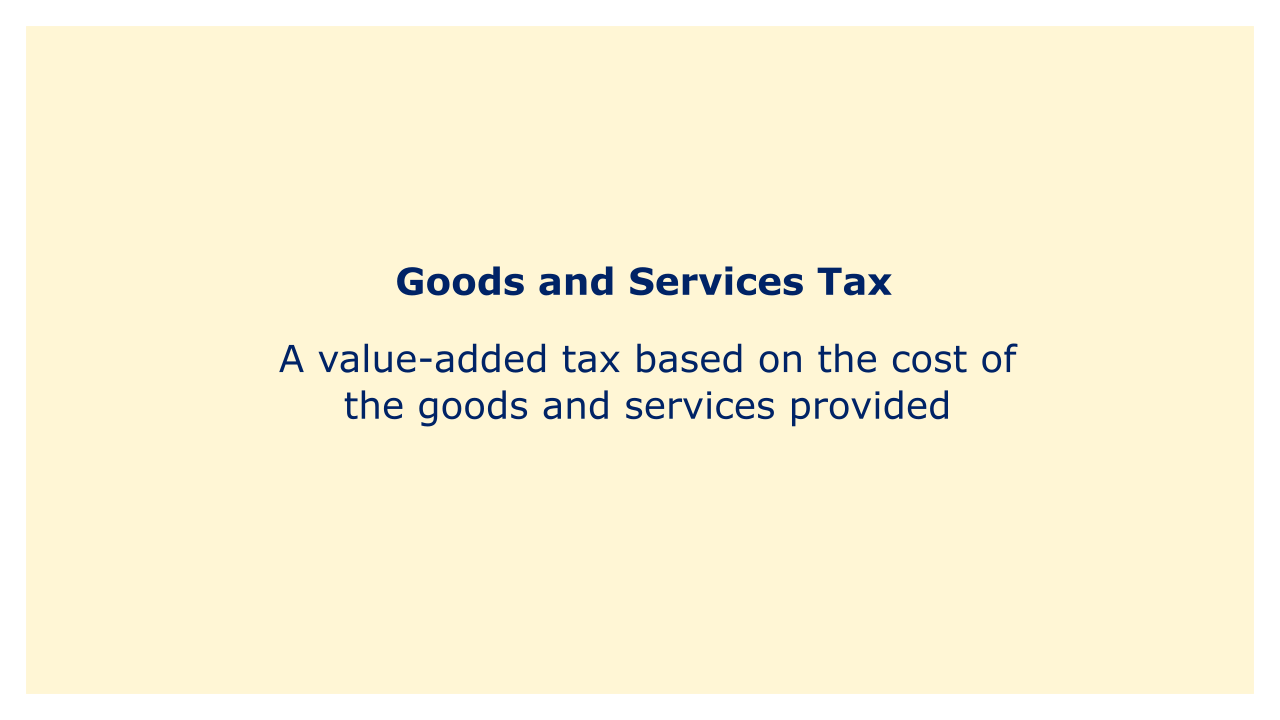 |
| Image: Moneybestpal.com |
A tax on products and services known as the Goods and Services Tax (GST) is applied at every point of sale. It is a value-added tax based on the cost of the goods and services provided.
GST is a comprehensive indirect tax that is imposed in India on the production, sale, and consumption of goods and services. It is a single tax that incorporates all other indirect taxes, including service tax, central excise duty, and value-added tax.
GST is a destination-based tax, which implies that instead of the state where the products or services are produced, the state where they are consumed receives the tax money. The GST system was created to prevent the cascading of taxes, which prevents taxes from being imposed on top of taxes. The central GST (CGST), the state GST (SGST), and the integrated GST are the three parts of the GST system (IGST).
The central government imposes CGST as a tax on intrastate deliveries of goods and services. SGST is a tax that the state government imposes on the supply of goods and services within its borders. The central government imposes the IGST on the exchange of goods and services between states.
On July 1, 2017, India's GST system went into effect, simplifying the tax system by giving consistency to tax rates and procedures throughout the nation. The GST system has also decreased the burden of compliance for businesses and increased tax revenue collection.
GST is a destination-based tax, which implies that instead of the state where the products or services are produced, the state where they are consumed receives the tax money. The GST system was created to prevent the cascading of taxes, which prevents taxes from being imposed on top of taxes. The central GST (CGST), the state GST (SGST), and the integrated GST are the three parts of the GST system (IGST).
The central government imposes CGST as a tax on intrastate deliveries of goods and services. SGST is a tax that the state government imposes on the supply of goods and services within its borders. The central government imposes the IGST on the exchange of goods and services between states.
On July 1, 2017, India's GST system went into effect, simplifying the tax system by giving consistency to tax rates and procedures throughout the nation. The GST system has also decreased the burden of compliance for businesses and increased tax revenue collection.
